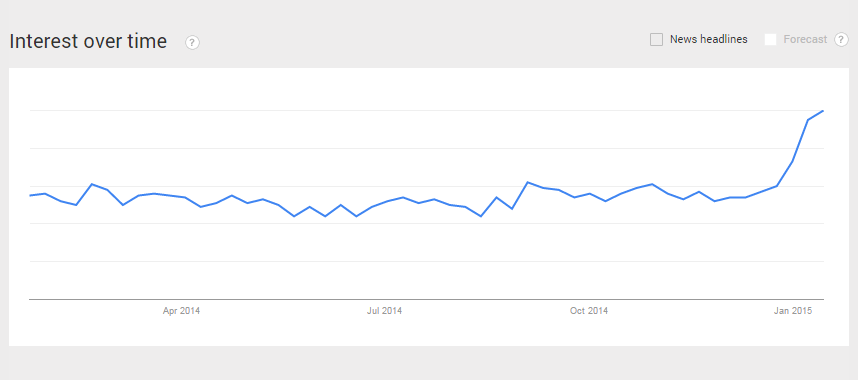Student “Not Guilty” in First 3D Movie Piracy Case
mercredi 14 janvier 2015 à 12:13 There have been a number of so-called “camming” cases in the UK in recent years with the MPAA-affiliated Federation Against Copyright Theft keen to stamp out the practice.
There have been a number of so-called “camming” cases in the UK in recent years with the MPAA-affiliated Federation Against Copyright Theft keen to stamp out the practice.
Punishments can be severe. Fast and Furious 6 ‘cammer’ Philip Danks was sentenced to 33 months in prison last year for recording, uploading and selling physical copies of the popular movie. But prosecutions can be complex and sometimes things can backfire in the biggest possible way.
Earlier this month, Birmingham student Ciprian Florea went on trial accused of attempting to ‘cam’ the space blockbuster Gravity. The case was special in a number of ways, not least that this was the first time that an individual had been accused of going equipped to capture a movie in full 3D.
According to the prosecution, Florea attended a Cineworld cinema in the city during November 2013 equipped with a home-made recording rig consisting of a pair of high-def cameras fashioned together in a device held on the man’s chest.
Florea, a student of film technology at Birmingham City University, is said to have hired the cameras the day before his arrest. These had been placed in a custom-made box in order to record the left and right eye as required for 3D imaging.
But before he had even entered the screening the student was spotted by a security guard who confiscated the device and called the police.
Florea said he had no intention to record the movie and only had the device to record his friends. He attended the screening without the device.
In the light of the fact that the UK has no specific “anti-camming” legislation and no copyright works were ever recorded, the prosecution accused the student of possessing a 3D camera with intent to commit fraud, i.e the recording and subsequent distribution of the movie.
The Judge didn’t buy it.
“I am sure everything was done with the best of motives. However I have real concern as to whether this prosecution should have been brought at all,” said Mr Recorder Nolan QC.
“It ought to have been absolutely clear there was no legal basis for it,” he added.
The Judge added that there was nothing to suggest that Florea had intended to commercially exploit any copy. Going further, he noted that even if a copy had been made and posted online, the offense may have been a breach of copyright but would not have amounted to fraud.
This may well present a problem for similar future prosecutions. With no uploading to the Internet and no evidence to support that was the intent, it appears claims of copyright infringement and/or fraud are effectively ruled out. In a case like this, where the movie hadn’t even been recorded, it’s not difficult to see why the case fell apart.
Nevertheless, the Federation Against Copyright Theft, who supported the prosecution, told TorrentFreak that the student’s behavior suggested he intended to break the law.
“The circumstances of Mr Florea’s actions in entering a cinema with equipment constructed to capture a 3D film provided strong evidence that he intended to commit a criminal offense,” FACT said.
“FACT supported the prosecution brought against him by the police and the Crown Prosecution Service on the basis of the serious damage caused to the film industry by those who illegally record films in cinemas. We are disappointed with the verdict, but respect the decision of the court.”
In comments to the Birmingham Mail after the verdict, Florea said he was glad the whole thing was over.
“I am relieved. It has taken a year and to be honest it has been a big pain in my life,” the student said.
“Although I won the case it has really been hard for me in my third year of my course. It was the first test of my final year’s project. I was just taking film of friends at the cinema.”
Source: TorrentFreak, for the latest info on copyright, file-sharing, torrent sites and anonymous VPN services.



 Half a decade ago the Irish Recorded Music Association (IRMA) ended its legal action against local ISP Eircom when the ISP agreed to implement a new anti-piracy policy against its own subscribers.
Half a decade ago the Irish Recorded Music Association (IRMA) ended its legal action against local ISP Eircom when the ISP agreed to implement a new anti-piracy policy against its own subscribers.
 Domain blocking is now firmly established as one of the entertainment industries’ go-to methods for reducing online copyright infringement. Its use is widespread around Europe by both the music and movie sector.
Domain blocking is now firmly established as one of the entertainment industries’ go-to methods for reducing online copyright infringement. Its use is widespread around Europe by both the music and movie sector.